



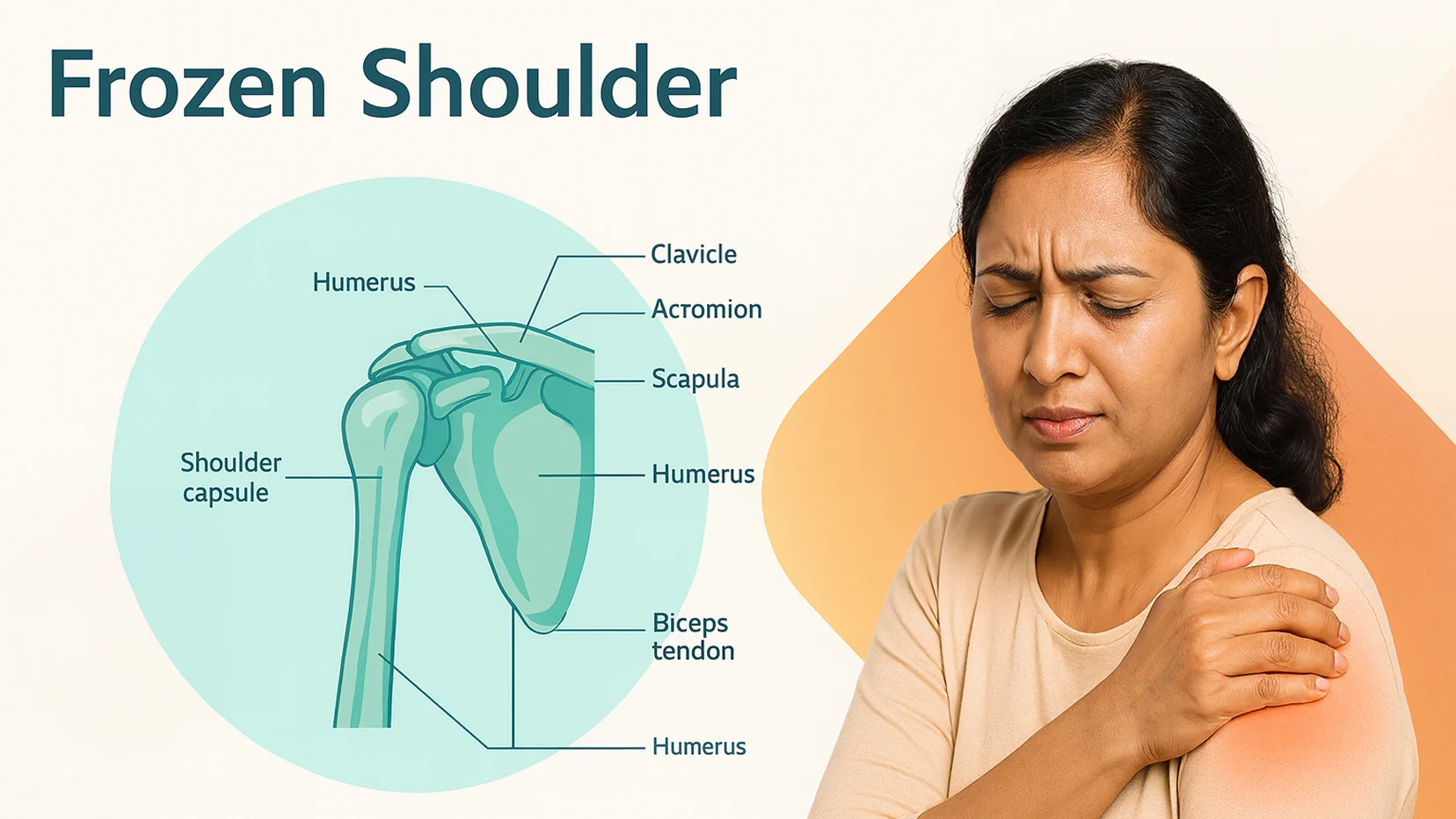
Author: Dr. Garima Bishwas
Yoga 0
Frozen shoulder—also called adhesive capsulitis—is a common yet frustrating condition where the shoulder becomes painful, stiff, and hard to move. Everyday actions like reaching up to take a cup from a shelf, fastening a bra strap, wearing a backpack, or combing hair can start to feel impossible. The condition affects a wide range of people, especially office workers with prolonged desk time, women in their 40s–60s, individuals with diabetes or thyroid issues, and anyone recovering from a shoulder injury or surgery that required immobilization.
If you are in Vaishali and suffering from frozen shoulder in Vaishali, physiotherapy offers safe and highly effective recovery options. In this guide, we’ll explain what frozen shoulder is, how to recognize its symptoms, why physiotherapy is the gold-standard conservative treatment, and what to expect from frozen shoulder physiotherapy in Vaishali at OMANSH (Yog & Physiotherapy).
What is frozen shoulder?
Frozen shoulder is a condition where the capsule surrounding the shoulder joint becomes inflamed and tight, leading to pain and a progressive loss of movement. Over time, the capsule thickens and stiffens, leaving less room for the shoulder to move—hence the feeling that the joint is “frozen.”
The Three Stages
1. Freezing Stage (Painful Phase):
Gradual onset of pain and increasing stiffness. Movement becomes more limited, especially overhead and behind-the-back motions. This phase can last weeks to months.
2. Frozen Stage (Stiff Phase):
Pain may reduce slightly, but stiffness intensifies. Daily tasks like dressing, reaching into back pockets, or lifting objects remain difficult. This stage is typically the most restrictive.
3. Thawing Stage (Recovery Phase):
Mobility slowly returns. With structured physiotherapy, range of motion improves, strength builds, and functional movement comes back.
Why Does Frozen Shoulder Happen?
-
Post-injury or post-surgery immobilization: Keeping your arm in a sling for long periods can trigger stiffness.
-
Metabolic conditions: Diabetes and thyroid disorders raise risk.
-
Age and gender:More common in ages 40–60; women are affected more frequently.
-
Posture and lifestyle: Sedentary habits, poor desk ergonomics, and repetitive strain add to the problem.
Symptoms of Frozen Shoulder
Recognizing symptoms early helps you start treatment sooner and recover faster.
-
Persistent shoulder pain: Dull, aching pain that may radiate into the upper arm.
-
Stiffness & difficulty lifting the arm: Trouble with overhead activities (taking something from a high shelf), reaching out to the side, or placing your hand behind your back.
-
Reduced mobility in daily life: Dressing, wearing a blouse or jacket, clasping a bra strap, or combing hair becomes difficult or painful.
-
Pain worsening at night: Sleep disturbance is common, especially when lying on the affected side.
If these symptoms sound familiar, it’s time to consult a physiotherapist for frozen shoulder treatment in Vaishali so you can start moving comfortably again.
Why Choose Physiotherapy for Frozen Shoulder?
Physiotherapy is the cornerstone of care for frozen shoulder. It helps you restore movement, reduce pain, and get back to your routine—without surgery.
-
Non-surgical treatment option: Most people improve significantly with targeted physiotherapy, avoiding invasive procedures.
-
Reduces stiffness & improves mobility: Joint mobilization, stretching, and guided exercises loosen the tight capsule.
-
Strengthens shoulder muscles: Focused strengthening stabilizes the shoulder, protecting it during recovery and movement.
-
Prevents recurrence: Posture retraining and individualized exercise plans reduce the chance of symptoms returning.
-
Personalized care for all age groups: Plans are tailored to whether you’re a working professional, homemaker, athlete, or senior.
If you’re searching for shoulder stiffness physiotherapy, Vaishali, a trained physiotherapist, can guide you through each phase with the right intensity and technique.
Frozen Shoulder Physiotherapy Treatments in Vaishali
At OMANSH (Yog & Physiotherapy), we combine evidence-based techniques with compassionate care. Here’s what a typical plan may include:
1. Manual Therapy & Joint Mobilization
Gentle, hands-on techniques help decrease capsular tightness, glide the joint surfaces properly, and improve range of motion in flexion, abduction, and external rotation—the movements most limited in frozen shoulder. Mobilization grades and directions are chosen based on your stage and tolerance.
2. Stretching & Strengthening Exercises
-
Stage-specific stretching:
-
Freezing stage: Pain-modulated stretches to maintain the current range without flaring pain.
-
Frozen stage: Progressive end-range stretches using straps/wall-assisted positions.
-
Thawing stage: More assertive stretches to reclaim full motion.
-
Strengthening:
-
Focus on the rotator cuff (supraspinatus, infraspinatus, subscapularis, and teres minor) and scapular stabilizers (serratus anterior, lower trapezius, and rhomboids).
-
Isometric holds in early phases; resistance bands and light weights later.
3. Heat Therapy / Cold Therapy
-
Heat: Pre-session heat packs can relax tissues and make stretching more comfortable.
-
Cold: Short cold applications may help calm inflammation after exercises or on flare-up days.
4. Ultrasound & TENS
-
Ultrasound therapy: Used selectively to support soft-tissue extensibility and pain relief before mobilization and stretching.
-
TENS (Transcutaneous Electrical Nerve Stimulation): Helps reduce pain signals, making it easier to participate in therapeutic exercises.
5. Home Exercise Guidance
Recovery accelerates when you stay consistent at home. We provide a simple, clearly illustrated home program matched to your stage—usually 10–20 minutes, once or twice daily. Adherence is the #1 predictor of better outcomes.
6. Posture Correction Programs
Rounded shoulders and forward head posture can aggravate shoulder mechanics. We assess your desk setup, sleeping positions, and daily habits, then teach ergonomic corrections and active postural cues to protect your shoulder during recovery.
If you’ve been comparing options for frozen shoulder physiotherapy, Vaishali, look for a clinic that offers all of the above with personalized progression.
Benefits of Getting Frozen Shoulder Treatment in Vaishali
Choosing local care has real advantages:
-
Easy access to certified physiotherapists:No long commutes; stay consistent with your sessions (crucial for results).
-
Personalized treatment plans: Stage-based protocols aligned to your pain tolerance, schedule, and goals—whether it’s lifting your child, returning to yoga, or sleeping pain-free.
-
Modern equipment & care nearby:Access modalities like ultrasound and TENS, along with advanced manual therapy.
-
Home visit options available:If pain or mobility limits clinic visits, home physiotherapy in Vaishali ensures you don’t miss care.
This is why many patients searching for frozen shoulder treatment, Vaishali, prefer a neighborhood practice with a strong track record.
Why Choose OMANSH (Yoga & Physiotherapy) in Vaishali?
At OMANSH, we bring together physiotherapy and mindful movement to create a complete shoulder-care experience.
-
Experienced physiotherapists for frozen shoulder:
Our team has extensive experience treating adhesive capsulitis across age groups, including post-surgical and diabetic profiles. -
Proven recovery success stories:
From office professionals to homemakers and yoga enthusiasts, we’ve helped patients reclaim overhead reach, behind-the-back mobility, and pain-free sleep. -
Affordable treatment packages:
Transparent pricing with package options for those needing multiple sessions. -
Convenient appointments with flexible timings:
We understand work and family schedules. Early morning/evening slots and home visit options in Vaishali help you stay on track. -
Holistic guidance:
We integrate posture training, breathwork awareness, and gentle yoga-inspired mobility where appropriate—designed around your medical history and comfort.
When you’re looking for the best physiotherapist in Vaishali for frozen shoulder, choose a clinic that listens, explains every step, and adapts to your pace—choose OMANSH.
What to Expect During Your Sessions
1. Detailed Assessment:
We evaluate your pain pattern, range of motion, functional limitations, and contributing factors (posture, workstation, prior injuries, and diabetes status).
2. Stage-Based Plan:
Your plan changes as you move from the freezing to the thawing phase. We adjust intensity so you progress without provoking flare-ups.
3. Hands-On Care + Exercise Coaching:
Sessions combine manual techniques, targeted stretches, strength drills, and guidance on daily movement hygiene.
4. Measurable Milestones:
We track improvements in degrees of motion (e.g., external rotation), functional tasks (combing hair, reaching high shelves), and sleep quality.
5. Education & Prevention:
You’ll learn what to do—and avoid—between sessions, how to pace activity, and how to keep gains after discharge.
Practical Tips for Living with Frozen Shoulder
-
Respect pain, but keep moving: Gentle, frequent movement trumps total rest.
-
Short, regular home routines: 10–15 minutes, once or twice daily, is better than a long session once a week.
-
Ergonomics matter: Adjust chair height, armrests, and screen level to reduce shoulder strain during desk work.
-
Sleep smart: Use a pillow to support the affected arm against your body; avoid lying directly on the painful shoulder.
-
Be patient: Frozen shoulder is a process; consistent physiotherapy shortens it and restores function.
How to Book Frozen Shoulder Treatment in Vaishali?
We’ve kept booking simple so you can start quickly:
-
Call/WhatsApp: [Insert clinic number]
-
Online Booking: [Insert booking page or form]
-
Clinic Address: [Insert full address, Vaishali]
-
Google Maps: [Insert map link]
If you’re reading this on the OMANSH blog, you’ll usually find the call and booking buttons near the top and bottom of the page. Prefer a home visit in Vaishali? Mention it when you contact us, and our team will coordinate a convenient time.
Frequently Asked Questions


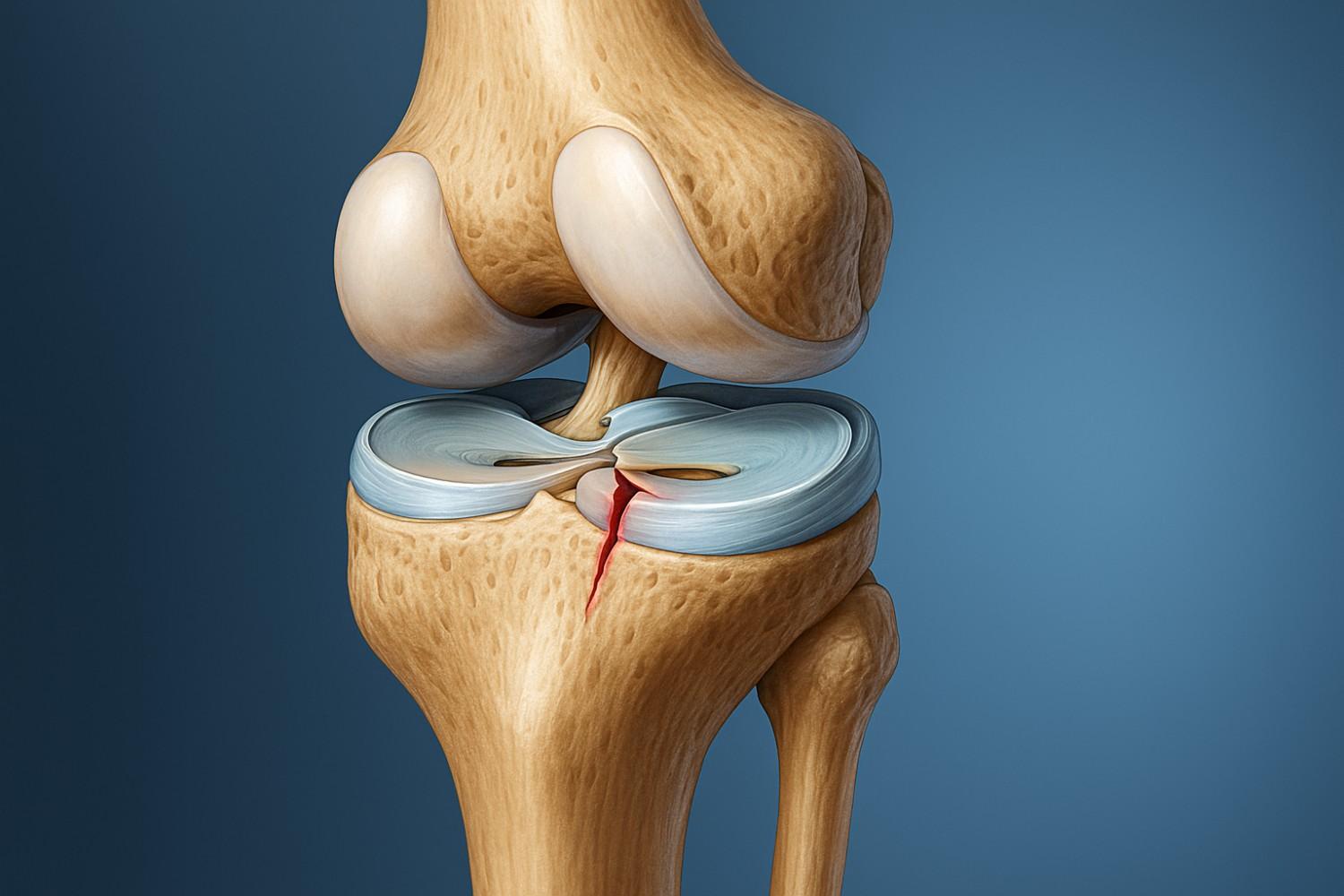
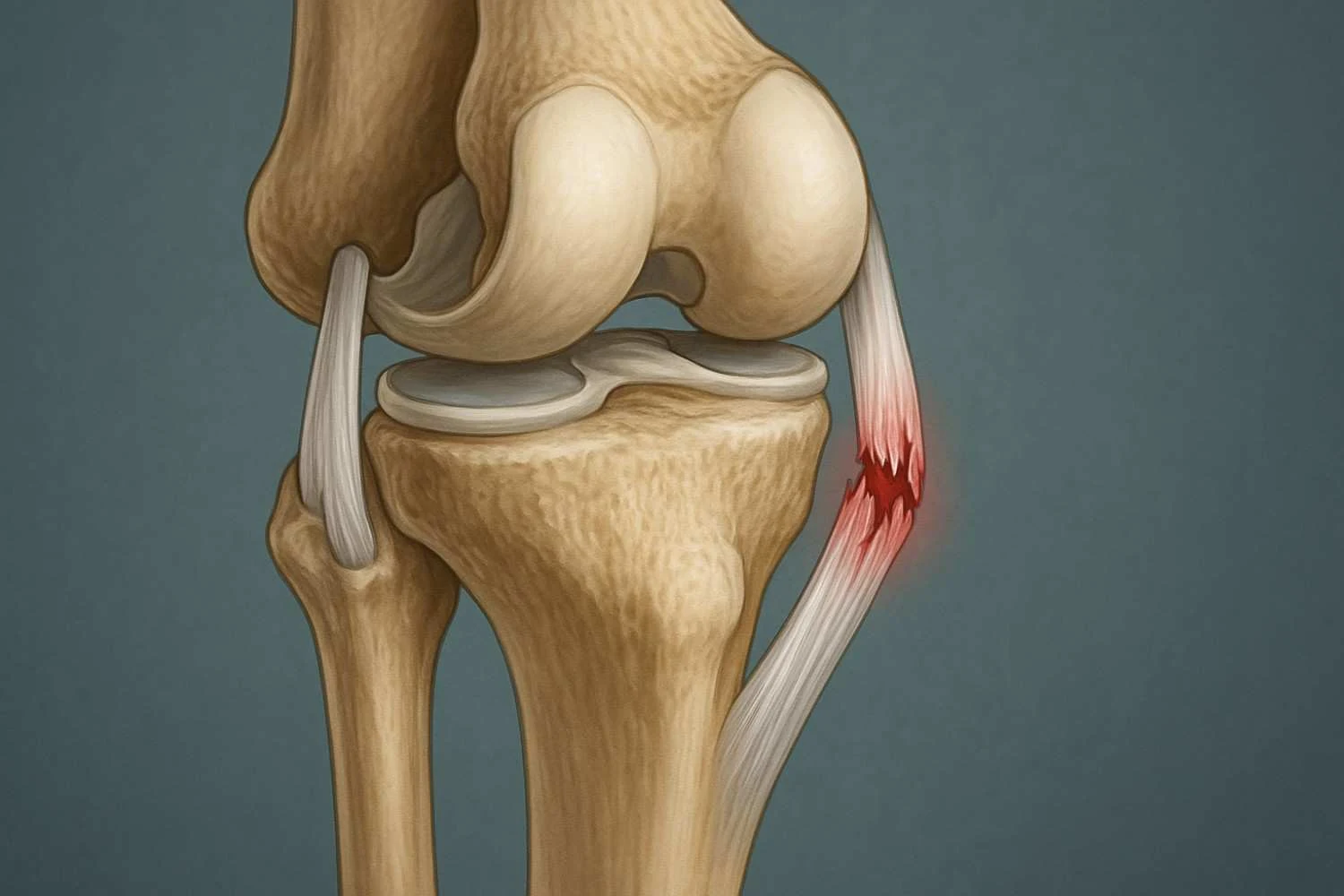
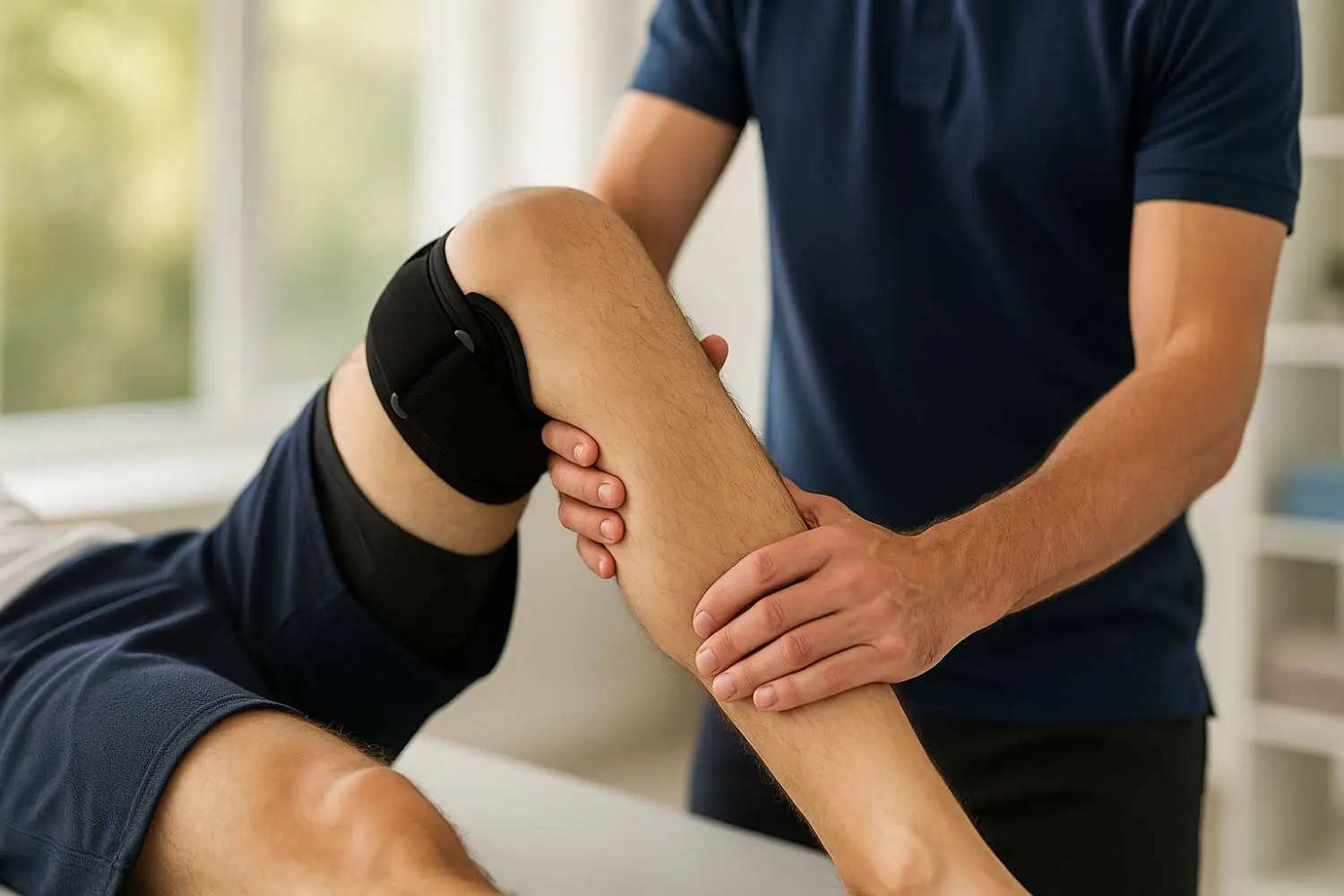
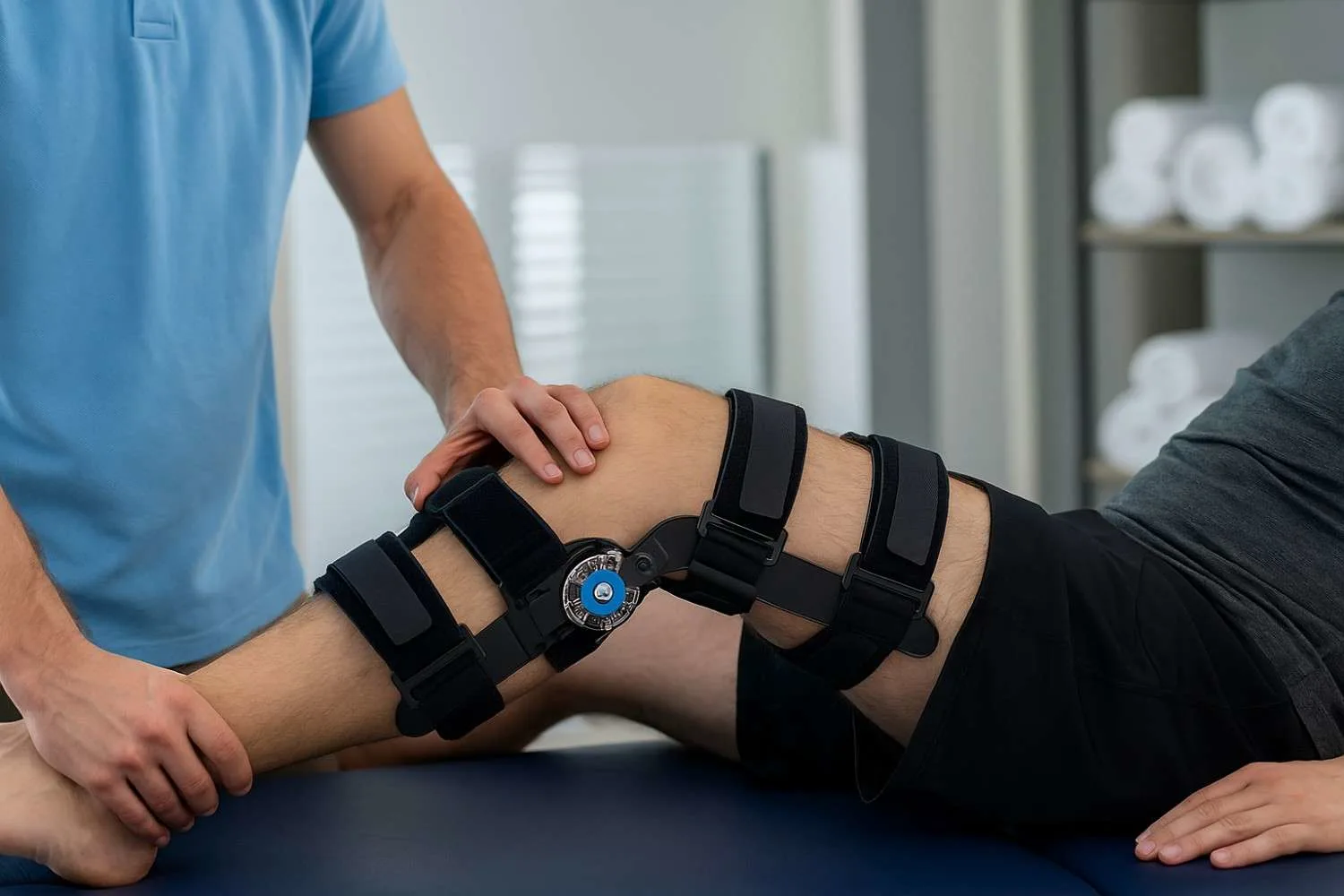
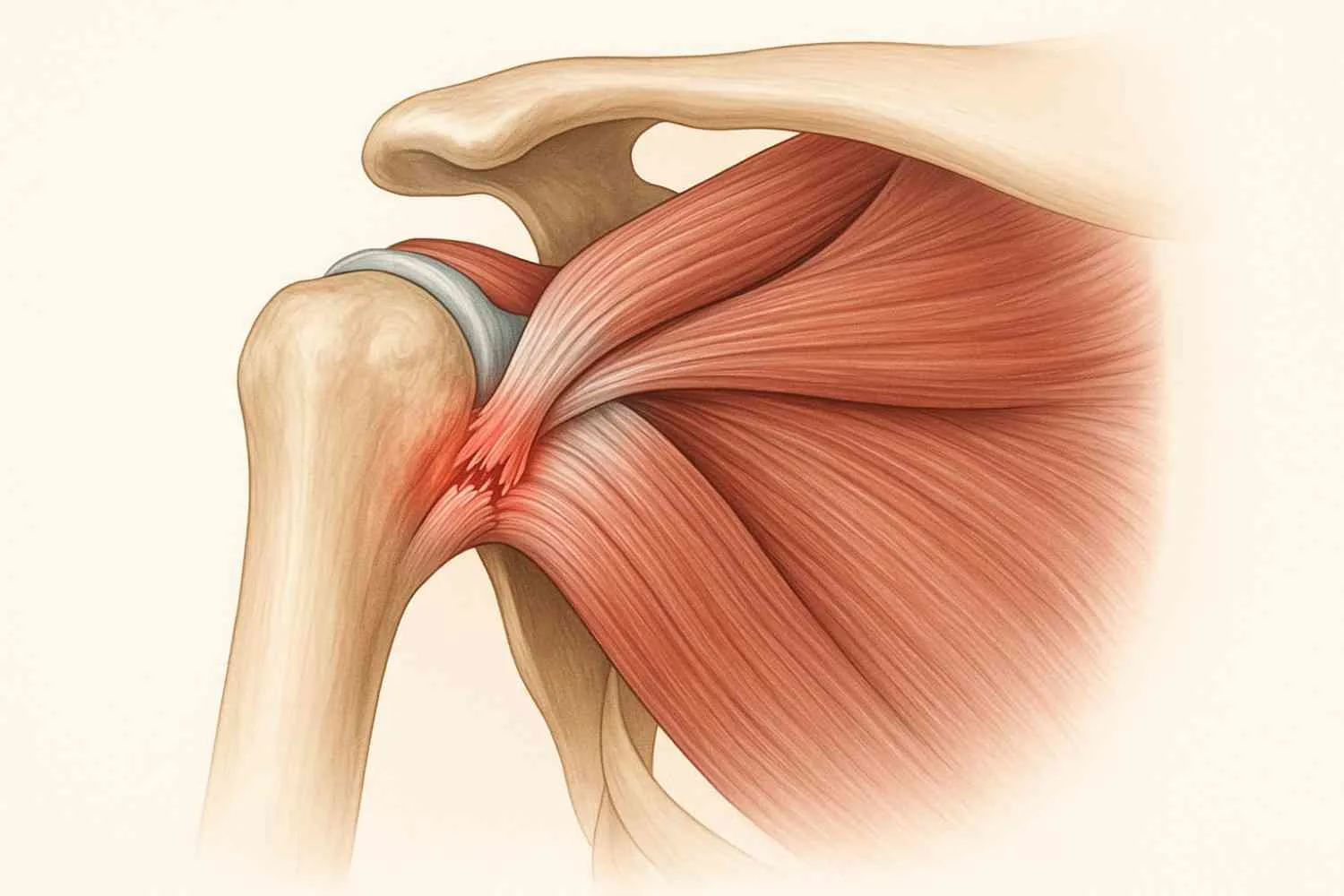



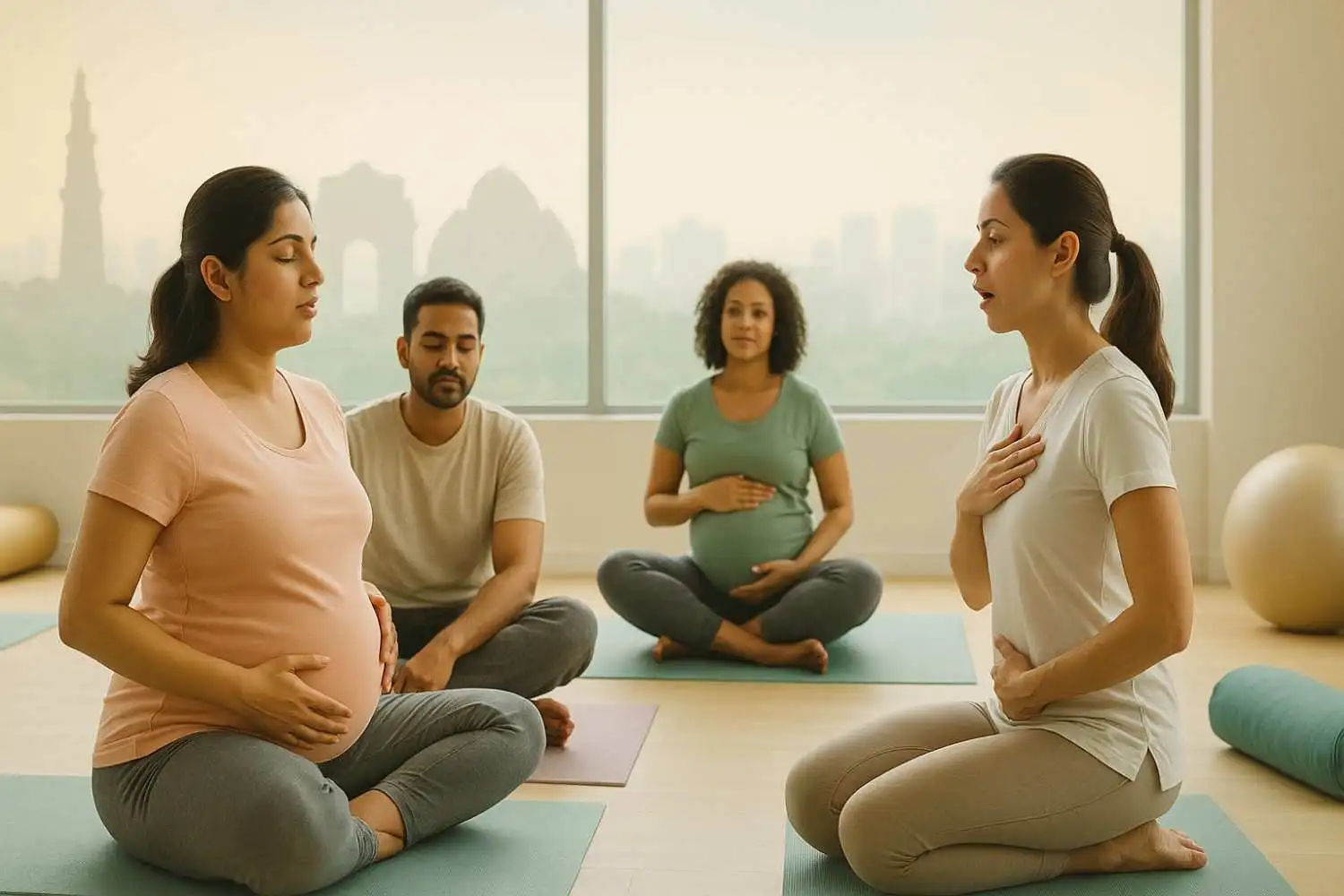
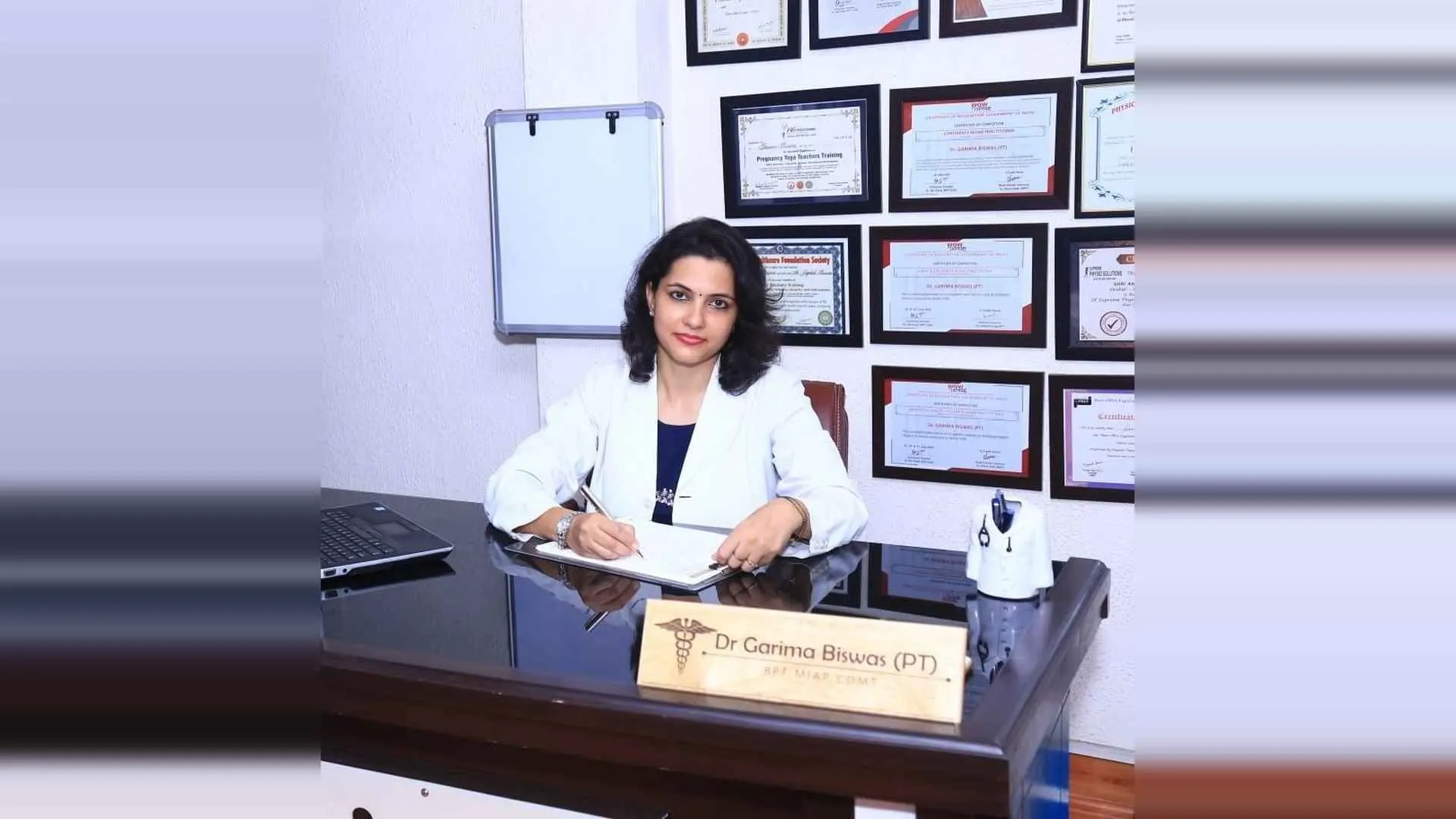





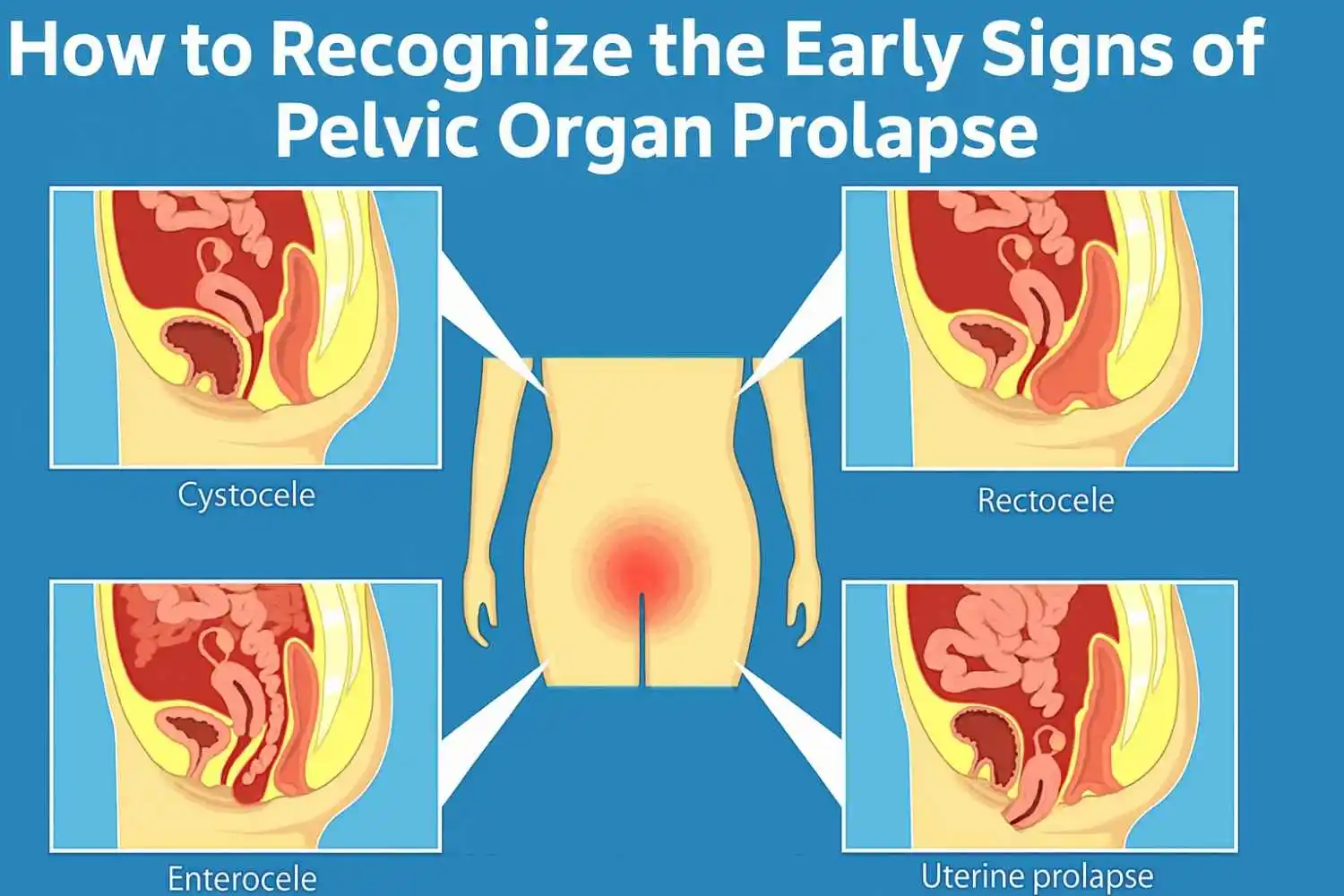
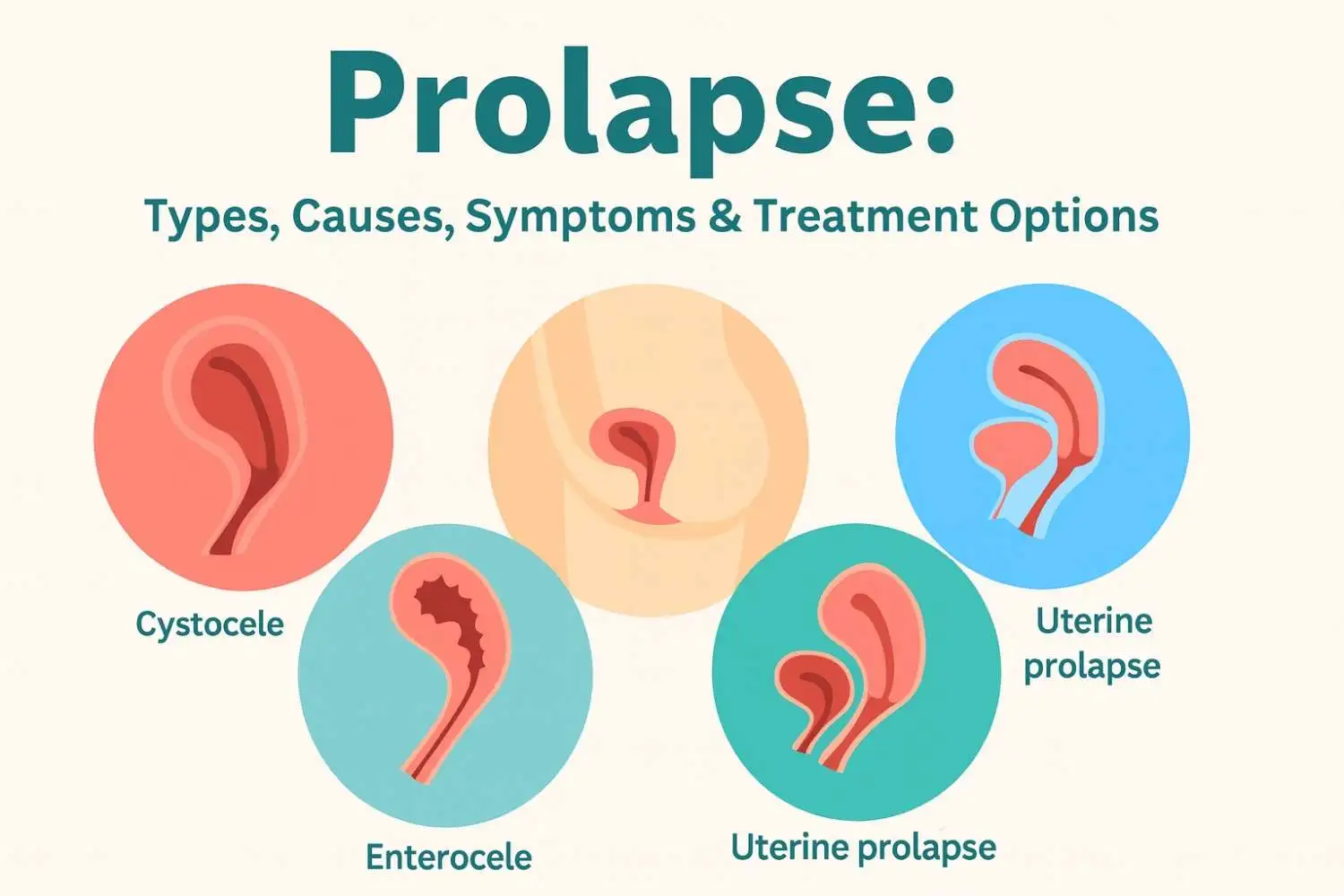









.webp)





.jpg)




































Subscribe now
Get the Latest
Updates With Our Newsletter

Copyright 2026 | Omansh.org
Website designed and developed by PulsePlay Digital

